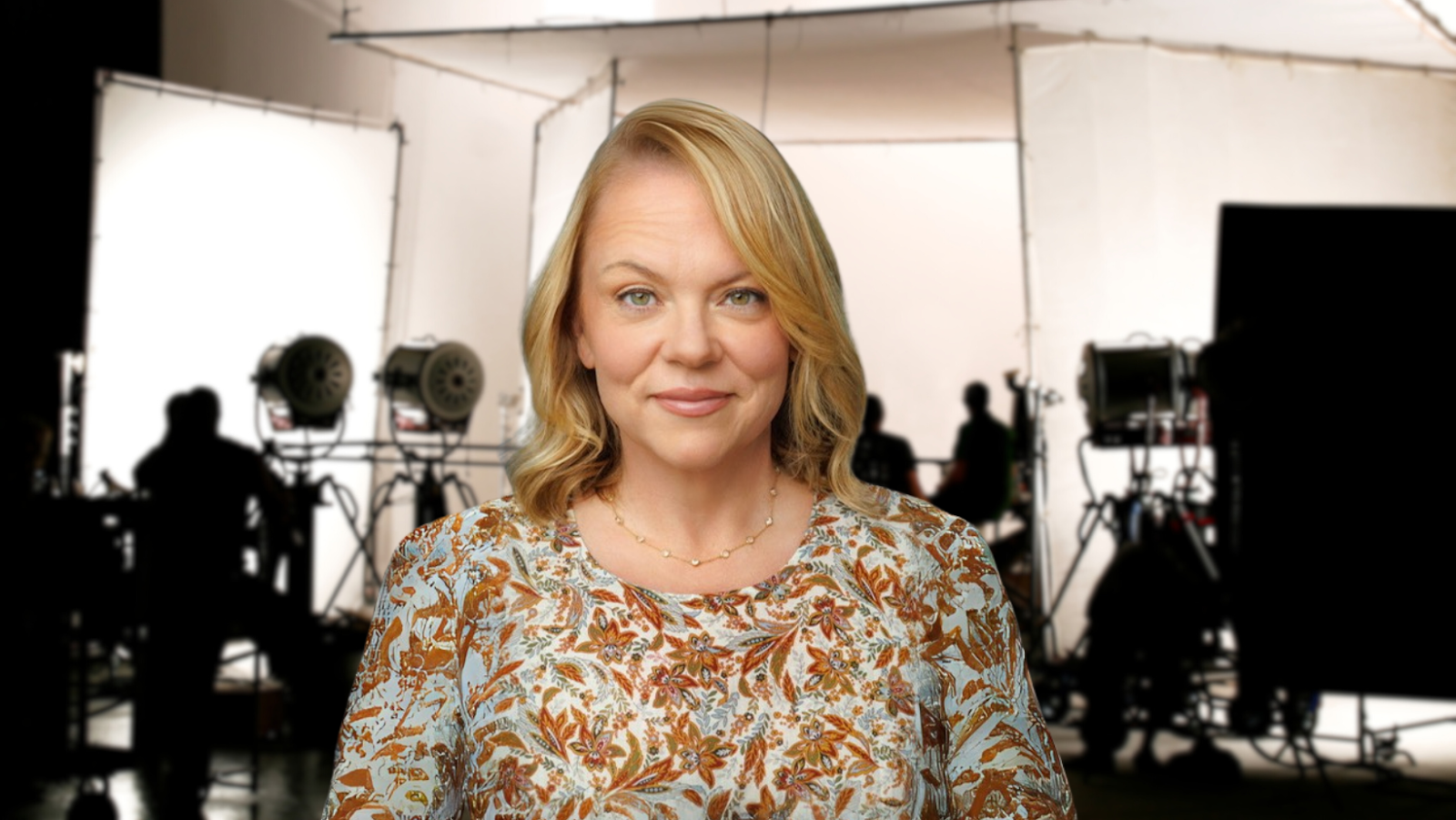
Television programming focused on women’s emotional experiences has historically met dismissal in critical circles, often marked as “melodrama” or “women’s entertainment.” Lisa Hamilton Daly, former head of original series on Netflix, has devoted much of her career to challenging this view and claims that women-centered story deserves the same respect and consideration as male-centered stories.
“I want to take it back. I want to make it ok to talk about women’s feelings,” she said.
Her background in the academy, which studied the 19th and 1900s British literature with a focus on women’s fiction, gave the foundation for this perspective, which she later brought to her television career.
During its time in the entertainment industry, Daly has consistently advocated for programming that centers women’s experiences, emotional depth and interpersonal relationships. This philosophy informed her development of successful Netflix series such as “Virgin River”, “Sweet Magnolias” and “Firefly Lane.”
Historical context and critical bias
Dalas Academic Education gave her insight into how women’s writers have historically been undervalued. “I looked early at many female suffragre writers who wrote in the late 1800s and early 1900s,” she explains. “They are less known, but they have lots of novels about what it was to be a woman and female subjectivity.”
These works, Daly noted, “were not well received critically. It was because they were about emotions and emotions and sometimes male critics do not like you to talk about it.” This recognition of historical bias against women-centered emotional story would later form her attitude to television development.
On Netflix, Daly made a bold statement by naming her development pod “Melodrama and Romance.” This decision also raised the eyebrows among female colleagues. “One of the other female managers asked:“ Why would you like to call something melodrama? “, Drawn Daly. Her response reflected her mission: to regain a term that had been used to reduce the stories of women’s emotional lives.
The double standard in entertainment
Daly has pointed to a persistent double standard in how similar narrative elements are received differently based on gender associations.
“‘Game of Thrones’ is just a soap opera with men in the forest,” she says, illuminating how shows are centered on male characters can freely integrate melodramatic elements without meeting the same categorization as “women’s programming.”
Female -focused series often encounter immediate categorization such as “women’s programming” or “guilty entertainment”, regardless of their complexity or crafts. This categorization affects how programs are marketed, reviewed and valued within the industry hierarchy.
Dale’s attitude towards melodrama represents a fundamental change in how emotional story is positioned for contemporary audience. Instead of apologizing for emotional content or trying to hide it as something else, she advocates direct commitment with emotions and relationships as central parts of stories.
“I think it’s about a needs situation. And sometimes you just want to sit down and be bathed in female friendship or something similar. You want a softer moment,” she explains.
The cultural and political climate adds another layer of complexity to the role of emotional story on television. “We are in a really strange political moment right now,” Daly notes in the latest interviews. “Is it your escapism? Do we want to pretend we don’t live at this moment right now? Or do we want to watch shows about people who fight back?”
These issues highlight melodrama’s dual nature in contemporary TV-dess ability to serve both as a comfort show and as a way to process real experiences through emotional story. Dale’s work indicates that successful programming must navigate in both of these functions and provide emotional resonance while recognizing the complexity of modern life.
Quality and emotional authenticity
Lisa Hamilton Daly’s programming philosophy emphasizes that shows are centered on emotions and relationships deserve the same level of crafts and attention as any other form of television.
“I want to do really high quality things that speak to women where they are,” she says.
Exhibitions developed under Dale’s guidance on Netflix, including “Virgin River” and “Sweet Magnolias”, this approach exemplifies. These series have nuanced character development, thought -provoking exploration of social dynamics and production values that create engrossing small -town settings.
“I have a high hit of shows. I’ve done many shows that have worked really well,” Daly notes. “And I think it is because I listen to my instinct.”
The audience’s response to shows as “Sweet Magnolias” has validated Dale’s attitude to women -centered story. The series, which debuted at Netflix in 2020, defied the industry’s expectations of being a long -term success for the platform.
“I just think it’s positive, female positive depictions,” says Daly.




